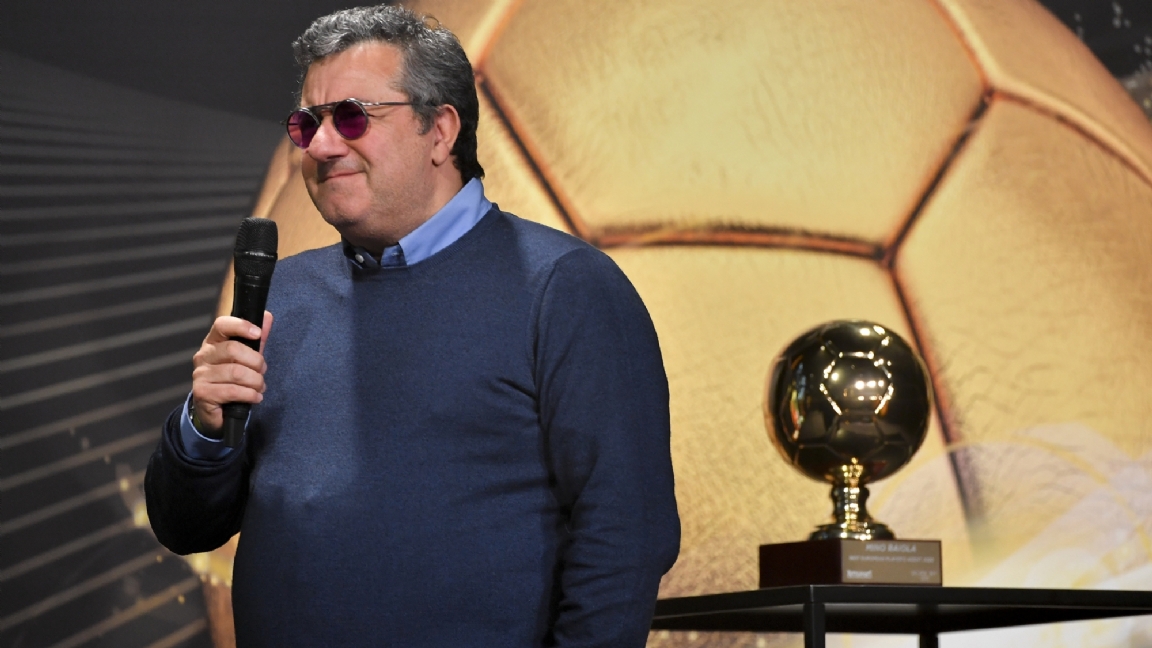

FIFA is working on a ban on the ‘dubious’ double role that agents in modern top football often play in transfers, the world football association confirms. The Times. FIFA will make it impossible for advocates to represent both the player and an involved club. Each major transfer will cost agents millions of euros.
The worldwide football body proposes to ban double representation of player and club in all transfers where an involved football will earn more than 175,000 euros per year. In practice, this means that the ban will apply to almost all transfers in the highest divisions of the larger football countries. To illustrate: the average Eredivisie salary last year was 291,000 euros per season, in the top leagues it is much higher.
The dual representation of agents is a thorn in FIFA’s side. Last season, no less than eighty percent of the deals in the Premier League had a double function, with the agent representing both the registering club and the player. This concerns both transfers to new clubs and the renegotiation of a contract with the same employer.
The most extreme example in the Premier League is the transfer of Paul Pogba, who went from Juventus to Manchester United in 2016 for a then English record amount of 105 million euros. Remarkably enough, business observer Mino Raiola represented all three parties and collected a commission of almost fifty million euros.
FIFA’s imminent ban will cost Raiola and, for example, Jonathan Barnett, one of the biggest agents in British football, many millions of euros. Barnett gives opposite The Times indicated that football agents are jointly preparing legal action against FIFA. “We’re going to see them in court all over Europe,” Barnett said. “FIFA knows nothing about what agents do and they prescribe rules without proper consultation.”
Barnett argues that there is nothing wrong with dual representation by agents. “It’s for different work,” says the agent of Jack Grealish, Gareth Bale, Eduardo Camavinga and Saúl Ñíguez, among others. “An agent is paid to look after the player’s best interests, and if he does work for a club then part of it is for that. The important thing is that the player has to be 100 per cent aware of it and that’s what we do.” The player knows our commission and if they’re happy with that, we’ll do the deals.”
